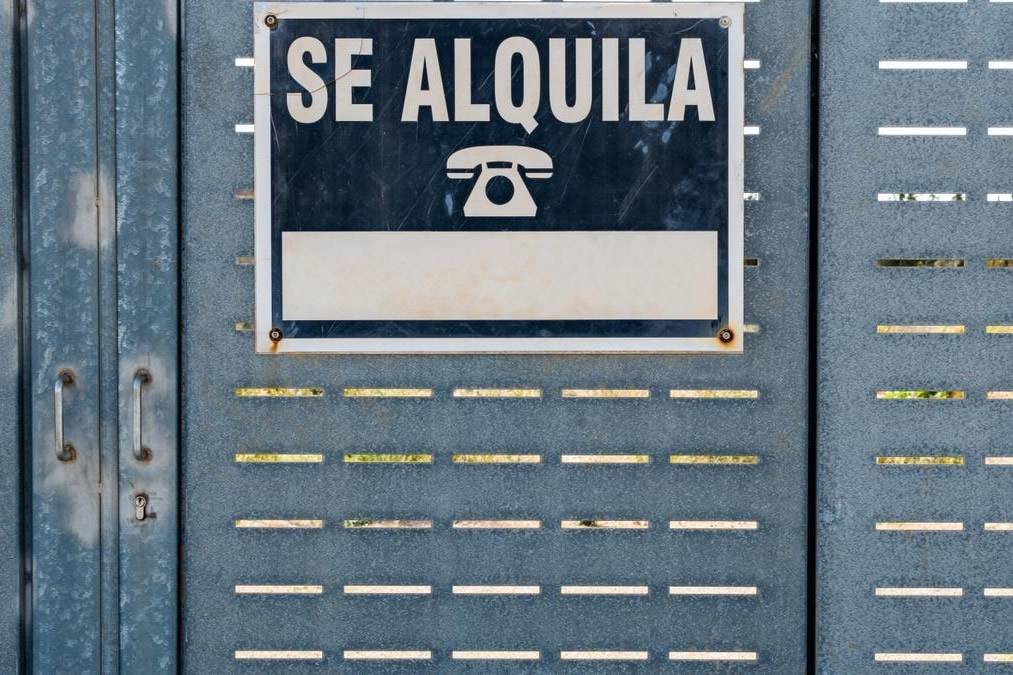Government confirms new Rental Law: Tenants can stay for up to 5 years even if landlord objects
- 12-05-2025
- National
- Canarian Weekly
The new Housing Law has officially come into force in Spain, including the Canary Islands, introducing sweeping changes aimed at improving rental stability for long-term lets, curbing excessive rent increases, and promoting a fairer property market amid an ongoing housing crisis.
Key Change: Minimum Five-Year Rental Security
One of the most significant reforms is the automatic extension of tenancy agreements. All rental contracts signed since March 2019 will be extended by default for up to five years if the landlord is a private individual, or up to seven years if the property is owned by a company, even if the landlord does not wish to renew.
This provides greater residential stability for thousands of tenants across the country. During this mandatory renewal period, landlords may only reclaim the property for personal or family use if that condition was explicitly written into the original contract.
Longer Lease Terms and Greater Certainty
The law also extends the automatic renewal period from one to three years if neither party notifies the other of their intent to end the lease. New notice periods have also been introduced: landlords must now give four months’ notice, while tenants must provide at least two months if they do not intend to continue the tenancy after the initial term.
Rent Increases Capped by Inflation
In a move widely welcomed by renters, annual rent increases will now be capped in line with inflation (CPI). This aims to prevent steep rent hikes during the contract period, particularly in light of high inflation and housing shortages.
Transparency and Market Oversight
To improve public oversight and data accuracy, landlords will be required to submit minimum information when lodging security deposits. In addition, a national rental price index will be introduced within eight months, giving both tenants and authorities better insight into local market trends. Regional governments will also be able to create their own indices.
Benefits for Tenants
The new legislation includes multiple protections and advantages for renters:
- Protection after property sale: New property owners must honour existing rental contracts, even if not registered with the Land Registry.
- Limit on additional guarantees: Landlords can request a maximum of two months’ extra rent as a deposit, curbing the previously unlimited collateral demands.
- Lower administrative costs: When the landlord is a company, they must cover agency fees and contract formalisation costs.
- Tax relief: Tenants are now exempt from the Property Transfer Tax on standard residential leases.
Impact on Landlords
Property owners are also affected by the new rules:
- Small claims of up to €6,000 can now be handled via simplified court procedures, reducing legal costs and wait times.
- Landlords may carry out agreed improvements without affecting lease renewal terms.
- Short-term tourist rentals are now excluded from the Urban Lease Law and will instead be regulated by regional authorities.
In addition, homeowners’ associations can now, with a three-fifths majority vote, limit or regulate tourist lets within the building, and charge them up to 20% more in shared community expenses.
Protection for Vulnerable Groups
New protections have been introduced for vulnerable groups. If a tenant dies, elderly, disabled, or minor family members will have the right to remain in the property. Evictions involving vulnerable households must now be reported to social services and may be temporarily suspended.
Tax Incentives and Expansion of Social Housing
Local councils will be allowed to offer up to 95% reductions on council tax (IBI) for rent-controlled protected housing. Landlords of social housing will no longer be permitted to pass this tax on to tenants.
To address the housing shortage, the Government will also launch initiatives to boost affordable rental stock. This includes unlocking public land, streamlining administrative processes, offering tax incentives, and enabling municipalities to invest surplus funds in public housing developments.
Other articles that may interest you...
Trending
Most Read Articles
Featured Videos
TributoFest: Michael Buble promo 14.02.2026
- 30-01-2026
TEAs 2025 Highlights
- 17-11-2025































































